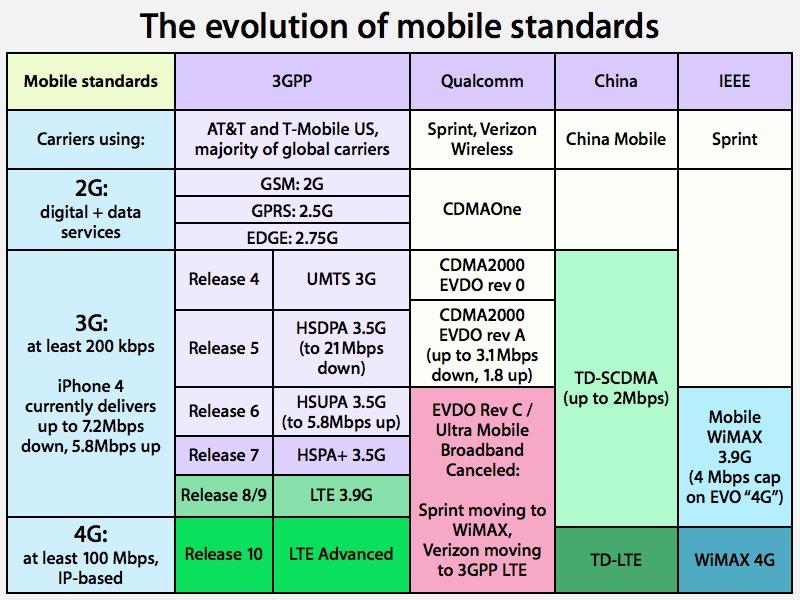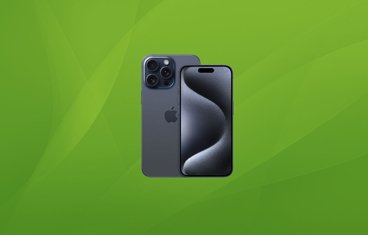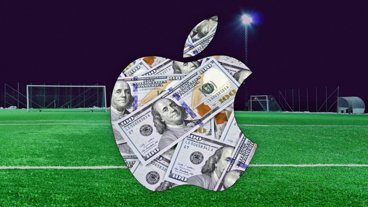Apple CEO hints at no ARM-based MacBook Air as iPad to "soon satisfy" that niche
iPad expansion, no ARM Macs
Citi analyst Richard Gardner reported Cook reiterating his comment, originally made during the quarterly earnings conference call, that the market for tablets would eventually grow larger than the conventional PC market.
Apple doesn't refer to iPad as a PC, but as a "post-PC device," leaving the ARM-based tablet distinct from the company's Intel-based Macs. Gardner further indicated the meeting dispelled the notion that Apple might introduce ARM-based Macs, countering rumors that a new MacBook Air featuring an ARM processor might appear sometime soon.
Gardner cited Cook as alluding to "rapid innovation on the iOS platform" that will "significantly broaden the use case for tablets," and stated he "walked away from this meeting with the impression that Apple feels iPad satisfies—or will soon satisfy—the needs of those who might have been interested in such a product" as an ARM-based MacBook Air.
Speculation about a MacBook Air or other low end Mac models beginning to incorporate ARM processors has been fueled by rapid advances in ARM's chip designs as well as Microsoft's Windows 8 strategy that envisions future tablet and clamshell PC devices built around ARM chips rather than Intel x86 compatible processors that Windows has historically been tied to as a platform.
While Apple could deliver ARM based Macs, it appears the company is more focused on increasing the desirability of its existing iPad and leaving Macs as a higher end alternative rather than bringing them into directly overlapping use scenarios.
China's huge opportunity
While Apple's sales in Greater China now make up 12 percent of Apple's revenues (up from just 2 percent in 2009), Oppenheimer described Apple as “just scratching the surface†in the region, noting that Apple has yet to establish distribution agreements with the largest mobile carriers, Chian Mobile and China Telecom (which are also the largest carriers globally).
Gardner stated that Citi's "checks suggest that iPhone 5 will support [China's unique] TD-SCDMA [mobile networking protocol] in addition to LTE, opening the door for a distribution agreement with China Mobile this year."
The note also stated that "Apple’s new retail head has been tasked with expanding the company’s store presence in mainland China more aggressively."
Apple's Steve Jobs previously stated that the company's retail stores (then principally in the US) were built to launch iPhone, indicating that the company also plans to prepare for a wider launch in China by aggressively building out a retail presence first.
From hobby to focus: Apple TV
The report also noted that Cook "reiterated the view that costly cable bundles will unravel eventually as one or two key content providers decide to make their content available à la carte" rather than largely being tied up in exclusive agreements with cable operators.
Gardner wrote that Cook's comments suggested AppleTV "would not graduate from 'hobby' to 'focus' unless it could scale across multiple cable operators and multiple geographic regions."
Apple highlighted sales of over 4.2 million Apple TVs over the past five quarters since the company transitioned to an iOS-based device, although after noting the sales figures, Tim Cook said, "in the scheme of things, if you dollarize it, we still classify it as a hobby."
Price sensitivity on iPhones, value of iOS ecosystem and iCloud
Rather than seeming concerned about reaching lower price points for its iPhones and Macs, Oppenheimer indicated the company remained focused on creating "great products" in the belief that customers will pay a premium for them.
Backing up that view is the fact that the premium priced iPhone 4S continued to make the vast majority of Apple's sales in the quarter, despite the availability of the cheaper iPhone 4 and the free with contract iPhone 3GS.
Apple also noted the value of iOS ecosystem, which has now paid out more than $4 billion to third party developers, another factor that attracts and retains the interest of consumers.
Cook also emphasized the role of iCloud, comparing it in importance to the "digital hub" strategy Jobs unveiled in 2001 and which shaped virtually everything Apple did over the last decade.
iCloud, which Jobs unveiled last summer at Apple's Worldwide Developer Conference, serves a role in attracting new buyers to Apple's platfoms and retaining them as customers. The company recently noted attracting 85 million subscribers to the service.
 Daniel Eran Dilger
Daniel Eran Dilger











 Mike Wuerthele
Mike Wuerthele
 Malcolm Owen
Malcolm Owen
 Chip Loder
Chip Loder

 William Gallagher
William Gallagher
 Christine McKee
Christine McKee
 Michael Stroup
Michael Stroup
 William Gallagher and Mike Wuerthele
William Gallagher and Mike Wuerthele







